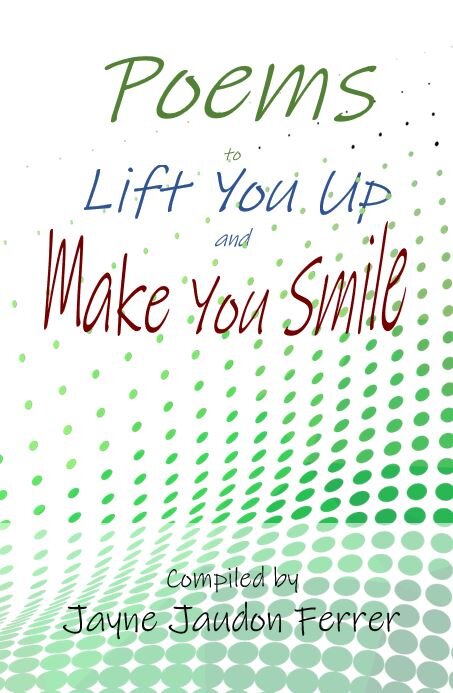| |
|
Our England is a garden that is full of stately views,
Of borders, beds and shrubberies and lawns and avenues,
With statues on the terraces and peacocks strutting by;
But the Glory of the Garden lies in more than meets the eye.
For where the old thick laurels grow, along the thin red wall,
You will find the tool- and potting-sheds which are the heart of all;
The cold-frames and the hot-houses, the dungpits and the tanks:
The rollers, carts and drain-pipes, with the barrows and the planks.
And there you'll see the gardeners, the men and 'prentice boys
Told off to do as they are bid and do it without noise;
For, except when seeds are planted and we shout to scare the birds,
The Glory of the Garden it abideth not in words.
And some can pot begonias and some can bud a rose,
And some are hardly fit to trust with anything that grows;
But they can roll and trim the lawns and sift the sand and loam,
For the Glory of the Garden occupieth all who come.
Our England is a garden, and such gardens are not made
By singing:--"Oh, how beautiful!" and sitting in the shade,
While better men than we go out and start their working lives
At grubbing weeds from gravel-paths with broken dinner-knives
There's not a pair of legs so thin, there's not a head so thick,
There's not a hand so weak and white, nor yet a heart so sick.
But it can find some needful job that's crying to be done,
For the Glory of the Garden glorifieth every one.
Then seek your job with thankfulness and work till further orders,
If it's only netting strawberries or killing slugs on borders;
And when your back stops aching and your hands begin to harden,
You will find yourself a partner in the Glory of the Garden.
Oh, Adam was a gardener, and God who made him sees
That half a proper gardener's work is done upon his knees,
So when your work is finished, you can wash your hand and pray
For the Glory of the Garden, that it may not pass away!
And the Glory of the Garden it shall never pass away!
This poem is in the public domain.
|

Rudyard Kipling (1865 - 1936) was an English author and poet. Born in India to British parents who were involved in preserving Indian art and architecture, Rudyard was sent back to England to be educated when he was only six. He rejoined his family in India eleven years later, pursuing a career as a journalist. (He started writing when he was 11.) Returning to England in 1889, his stories and poetry gained widespread and immediate attention. Critics generally loathed Kipling's work, but the public loved it. Stories such as The Jungle Book, The Elephant's Child, and How the Camel Got His Hump are now classic favorites.

|
|
Wilda Morris:
So lyrical!
Posted 02/26/2024 11:37 AM
|
Jonesy:
Brilliant! Nothing more to say!
Posted 02/25/2024 09:17 AM
|
Darrell Arnold:
Thank you, Jayne, Thank you. I'm always shouting from my soapbox about going back to the English masters to see how to write a proper poem. I love what Randy Mazie has said. It is "a garden of words," immaculately groomed. The steadfastness of the meter (with only one deflection that I could find) and the trueness of the rhymes made this a shining example of how it should be done. I would like to know what the puckered critics groused about.
Posted 02/25/2024 08:53 AM
|
Gilbert Allen:
"Half a proper gardener's work is done upon his knees." So true!
Posted 02/25/2024 08:26 AM
|
mail@schoolbusmart.com:
Wow. Aside from the themes in this poem, I am so taken by the lyrical quality. I enjoy reading the lines aloud, hearing its song-like smoothness. And appreciating the amount of work, artistry, Kipling put into the creation of this poem. His is a garden of words, not just plants and religion and love of country. Great choice. Randy Mazie
Posted 02/25/2024 07:33 AM
|
|
|
|





